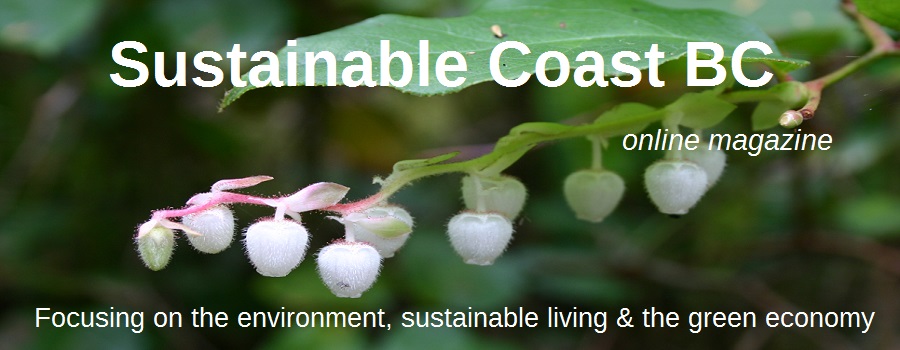News
The National Energy Board has announced that the Joint Review Panel has recommended to the federal government that it approve the Northern Gateway Project. The Panel felt that the project was in the best interest of the public. There are over 200 required conditions to be met in order for the project to proceed.
The decision, which has been highly opposed by First Nations and environmental groups, was not unexpected.
"We will continue to stand shoulder-to-shoulder with First Nations and the hundreds of thousands of British Columbians who are opposed to this environmentally dangerous project."
Barlee also stated that she anticipates that this project will be tied up in the courts for many years to come for not properly accommodating and consulting First Nations.
Several opposing groups have formed including the Yinka Dene Alliance which has organized a "Hold the Wall" campaign of alliance between First Nations and the BC people. The Alliance stated:
"The fight against Enbridge is far from over. The Joint Review Panel’s recommendation is just that: a recommendation. There is still time for the federal government to come to its senses and recognize the decision taken by First Nations and citizens to oppose this dangerous project. Representatives of over 130 First Nations have supported the Indigenous law ban on Enbridge’s Northern Gateway project, and we will do everything in our lawful power to uphold it. Over 12,000 people have already pledged to stand with us in whatever way they can: with their voice, in the streets or on the land."
The Panel's recommendation report has been submitted to the Minister of Natural Resources and the Governor in Council will make the decision on whether or not the project should proceed. The Government has 180 days to respond to the Joint Review Panel's report and its Regulatory Recommendation. If the project is approved, the National Energy Board has seven days to issue its certificates of public convenience and necessity.
The British Columbia portion of the proposed pipeline route is about 660 kilometres in length and crosses about 850 watercourses. More than 90 per cent of the British Columbia portion of the route would be on provincial Crown lands. Much of the route in Alberta and British Columbia would cross lands currently and traditionally used by Aboriginal groups.
- one 914 millimetre (36 inch) outside diameter export pipeline that would carry an average of 83,400 cubic metres (525,000 barrels) per day of oil products west from Bruderheim to Kitimat;
- a parallel import pipeline, 508 millimetres (20 inches) in outside diameter, that would carry an average of 30,700 cubic metres (193,000 barrels) of condensate per day east from Kitimat to the terminal at Bruderheim; and
- a terminal at Kitimat with 2 tanker berths, 3 condensate storage tanks, and 16 oil storage tanks.
The Panel's conditions, which would be enforced by the National Energy Board, include requirements for Enbridge Northern Gateway to:
- Develop a Marine Mammal Protection Plan;
- Implement the TERMPOL Review Committee Recommendations;
- Prepare a Caribou Habitat Restoration Plan;
- Develop a Training and Education Monitoring Plan;
- Prepare an Enhanced Marine Spill Trajectory and Fate Modelling;
- Develop a Research Program on the Behaviour and Cleanup of Heavy Oils;
- Conduct Pre-operations Emergency Response Exercises and Develop an Emergency Preparedness and Response Exercise and Training Program.
